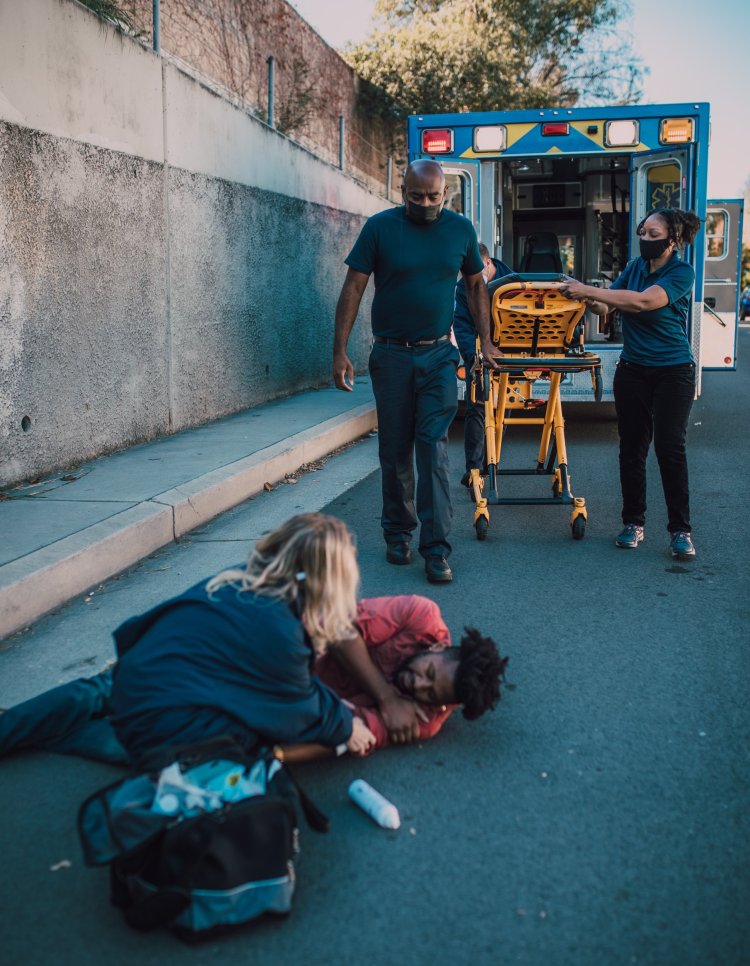Prehospital clinical practice guidelines for unintentional injuries: a scoping review and prioritisation process
07/04/23

Each year, millions of people around the world die from injuries, and many more develop injury-related disabilities. Most injury-related deaths occur prior to transport to the hospital, which demonstrates the importance of prehospital care. Prehospital care should be informed by the best available guidelines in order to make sure patients receive the most appropriate care available. Stellenbosch University’s Centre for Evidence-based Health Care (CEBHC), in collaboration with CEBaP, has therefore scoped the available prehospital and first aid guidelines for unintentional injuries to inform priorities, identify gaps and next steps. The results of this project were recently published in this peer-reviewed paper.
For the scoping review, six electronic databases and trial registries, and 56 websites, were searched. Guidelines had to meet 60% minimum methodological quality according to the rigour of development domain in AGREE II to be included. Fifty-eight guidelines were included, including 25 guidelines that targeted emergency medical service providers (EMS) (clinicians including paramedics) as users, 15 that targeted both EMS providers and first aid providers (laypeople), and 13 that only targeted first aid providers. The guidelines covered 32 different injury topics, with spinal injury being covered by 10 different guidelines. The African First Aid Materials guideline (freely downloadable here), developed by CEBaP, was the only guideline that was specifically targeting and adapted to the African context.
The second part of the project was a priority exercise specific to the African context. Seventeen participants from 9 African countries and 1 from Europe participated in a virtual stakeholder engagement workshop followed by an online ranking process. Injuries linked to road traffic accidents, such as traumatic brain injuries and chest injuries, were among the top prioritised topics for future guideline development. At CEBaP, we are currently filling one of these gaps by working on the First aid for road safety in Africa guideline.
